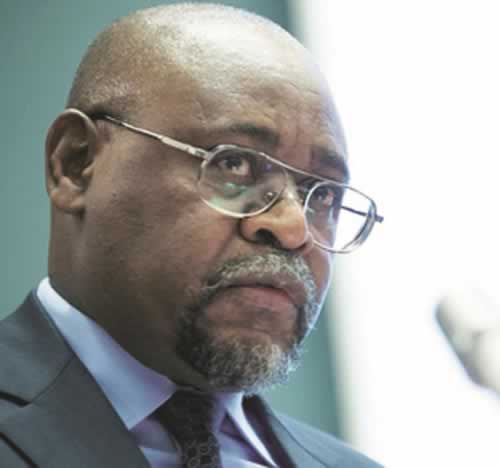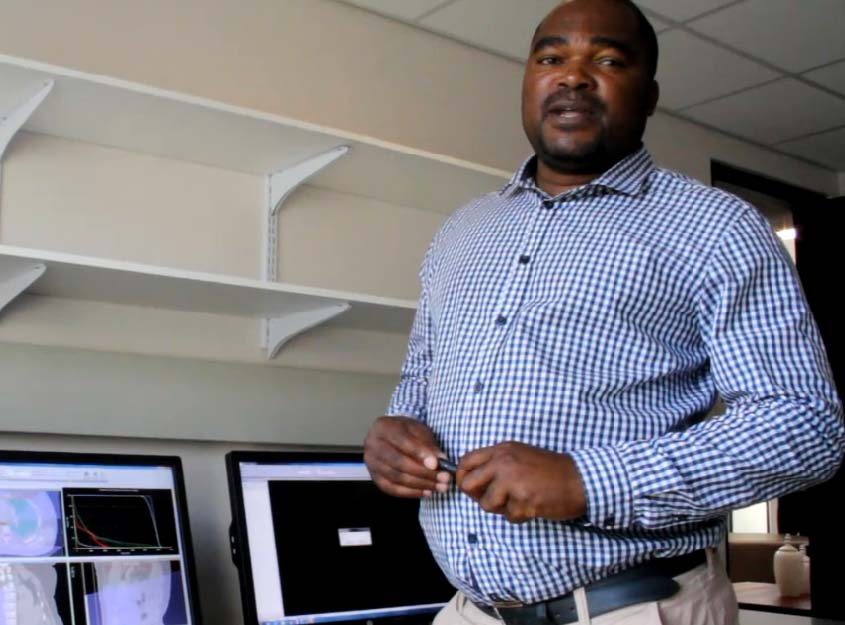IDBZ moves to rural infrastructure


Mr Sakala
Martin Kadzere Senior Business Reporter
THE Infrastructure Development Bank of Zimbabwe is readying a strategy to focus on the development of rural infrastructure as part of its mandate to support the economy.
IDBZ, whose key mandate involves financing infrastructure covering areas such as energy, ICT, transport, housing and water and sanitation believes the rural economy is a potential key driver of demand, which could support the broader national economy.
The strategy is in line with Sustainable Development Goal 9 which seeks to promote resilient infrastructure, promote inclusive and sustainable industrialisation and foster innovation.
On Monday, the IDBZ delegation, led by its CEO Mr Thomas Sakala met the management of Mhondoro Ngezi Rural District Council
where areas of potential co-operation were explored.
These included road infrastructure, housing, tourism irrigation and water reticulation.
The two teams also deliberated on the need to develop a master plan that shows an overall development concept of the district. This includes urban design, landscaping, infrastructure, service provision, circulation, present and future land use and built form.
Mr Sakala said the move by the IDBZ was done after realising the challenges the Rural District Councils were facing in terms of raising funding for infrastructure development.
“We have been working mostly with Government, parastatals and the private sector but our mandate is national,” said Mr Sakala.
“We are aware of the challenges the RDCs are facing in raising funds for various infrastructure.
“So our interest is to see if there is possibility to work with RDCs and we would want to start with Mhondoro-Ngezi.
“We believe there is sufficient scope to work together. It is not about making profit for IDBZ but to deliver our national mandate. We see it as an obligation. So we will use Mhondoro-Ngezi as a demonstration for other RDCs around the country.”
Mining is the major economic activity in the district where Zimbabwe’s largest mining company Zimplats operates.
Some of the major economic activities in the district, with a population size of about 104 000, are farming and animal husbandry.
Mhondoro Ngezi chief executive Mt Itai Mawonde welcomed the IDBZ move, saying such co-operation has potential to enable the district to realise its full potential.
“The drive for development is centred on partnerships and we see this as an opportunity,” said Mr Mawonde.
“There are a number of areas that we would like assistance.
“Our townships have a lot of potential in terms of housing development and we also have Chitsuva (island) dam, which offers potential for the construction of holiday homes.”
The district has an approximate annual budget of $4,6 million and it supplements its revenues through commercial activities such as borehole drilling and gold milling.
IDBZ has developed a roadmap that seeks to achieve market capitalisation of $250 million by 2018.
The long term strategy of the bank is to become self-financing, leveraging its balance sheet to raise lines of credit, quasi equity capital and medium to long term loans for investments.











Comments